Collapse? Decay? Fall apart? Whichever word you choose, the result is the same: Tesla's business in Europe is collapsing.
Tesla sales in the region plunged 49% last month, according to data from the European Automobile Manufacturers Association (ACEA). It’s worth noting that the slowdown in the electric vehicle market cannot be blamed on the slowdown, as pure electric vehicles (EVs) are growing strongly in Europe. EV sales rose 27.8% in April to 184,685 units in the European Union (EU), European Free Trade Agreement (EFTA) countries and the UK.
Electric vehicles now account for 15.3% of all new vehicle registrations in these markets – a new record for April. While the US remains hesitant on EV policy, many other markets are picking up the pace.
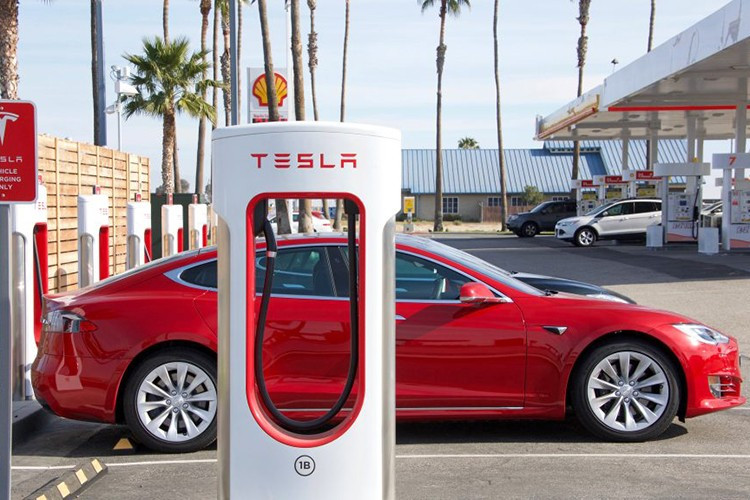
But that momentum is slowly unraveling from Tesla. Once the dominant player in the EV market, Tesla is now falling behind due to fierce competition and the negative impact of CEO Elon Musk’s statements. While it still leads in the US, consumers are turning away from the company in Europe, while Chinese buyers are favoring domestic brands.
It’s unclear how Tesla is addressing the crisis. The company had pinned its hopes on an updated version of the Model Y, but that strategy has failed. Musk initially blamed production delays during the transition to the new model. But as factories ramped up and inventories built up, that excuse no longer holds up. It’s clear that the new Model Y isn’t performing as well as expected.

That means Tesla has two options if it wants to grow: lower prices or launch new products. But after several price cuts over the past few years, there’s not much room for further price cuts. And with tax incentives in the US at risk of being cut, Tesla’s price at home could rise by $7,500—putting a dent in profit margins, not to mention rising manufacturing costs due to new tariffs on auto parts.
Launching new products seems like a more viable solution, but it’s unlikely to reverse the trend. Elon Musk has repeatedly said that Tesla’s value lies in artificial intelligence (AI), not in manufacturing cars, and he has poured most of his resources into developing fully autonomous technology. The company’s product lineup is now outdated—the Model S was introduced in 2012, the Model 3 in 2017, and while they’ve been updated, neither is a pioneering EV. Its only all-new product—the Cybertruck—was widely criticized as a flop. The next three products include a slightly updated version of the Model Y, a two-seater called the “Cybercab,” and finally, a mass-market Semi truck.
The gamble is that full autonomy will add a new level of value to these vehicles. A bare-bones, low-end Model Y is unlikely to be appealing. But if you can deliver a self-driving car that can carry a lot of passengers and cargo, and can drive 300 miles on a charge for around $35,000, that could be a game-changer.
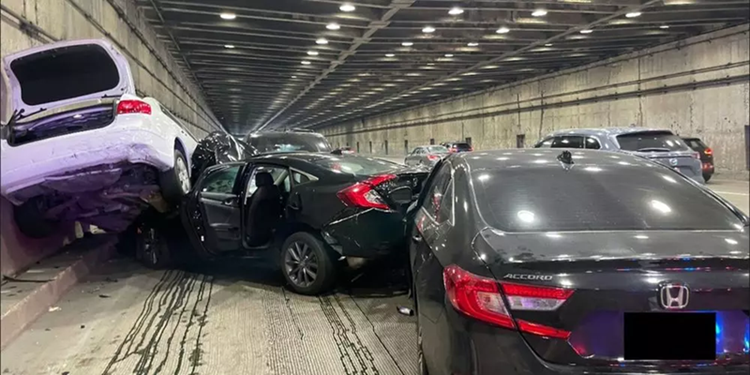
The problem is, the key to making self-driving cars is trust. Consumers need to believe that the technology is safe and has been thoroughly tested. After years of using customers as beta test mice, and a series of public statements challenging regulators, Elon Musk is losing that trust.
But that may be his last option. As the collapse in European sales has shown, this is no longer the time to “keep calm and carry on.” Tesla is becoming a tarnished brand in many parts of the world , and its products are no longer the ones that excite consumers.
The company needs a reboot – but that doesn't seem to be coming anytime soon.
Source: https://khoahocdoisong.vn/ly-do-nao-khien-hang-xe-tesla-tham-bai-tai-chau-au-post1544331.html





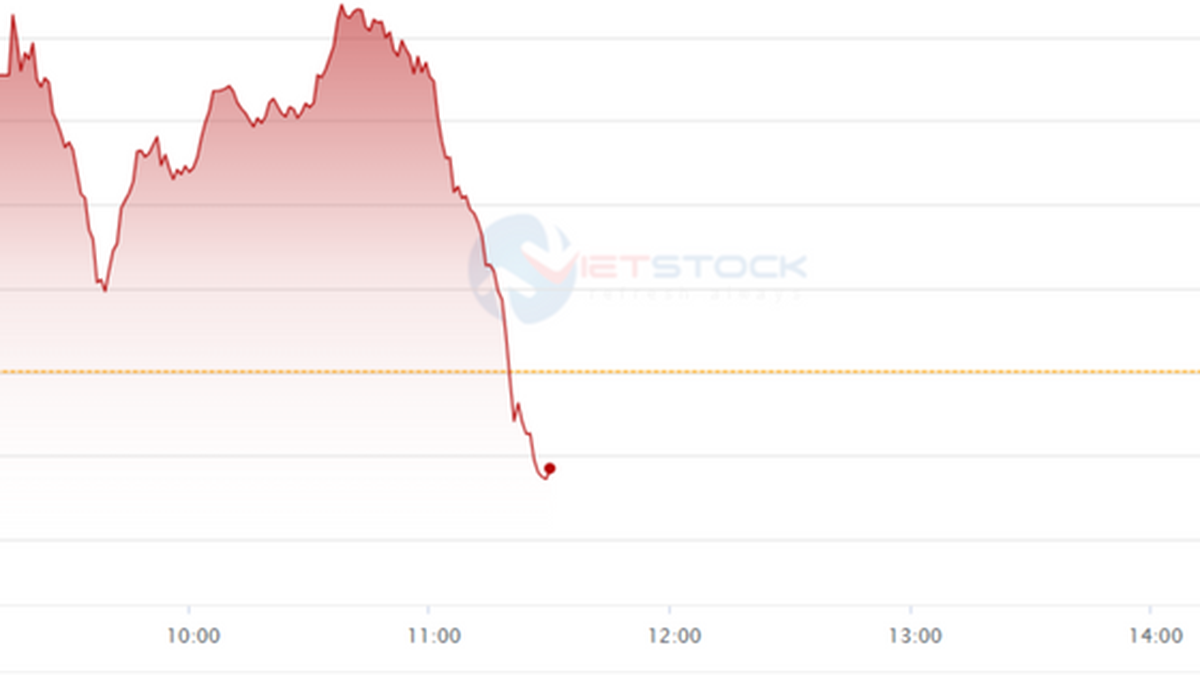

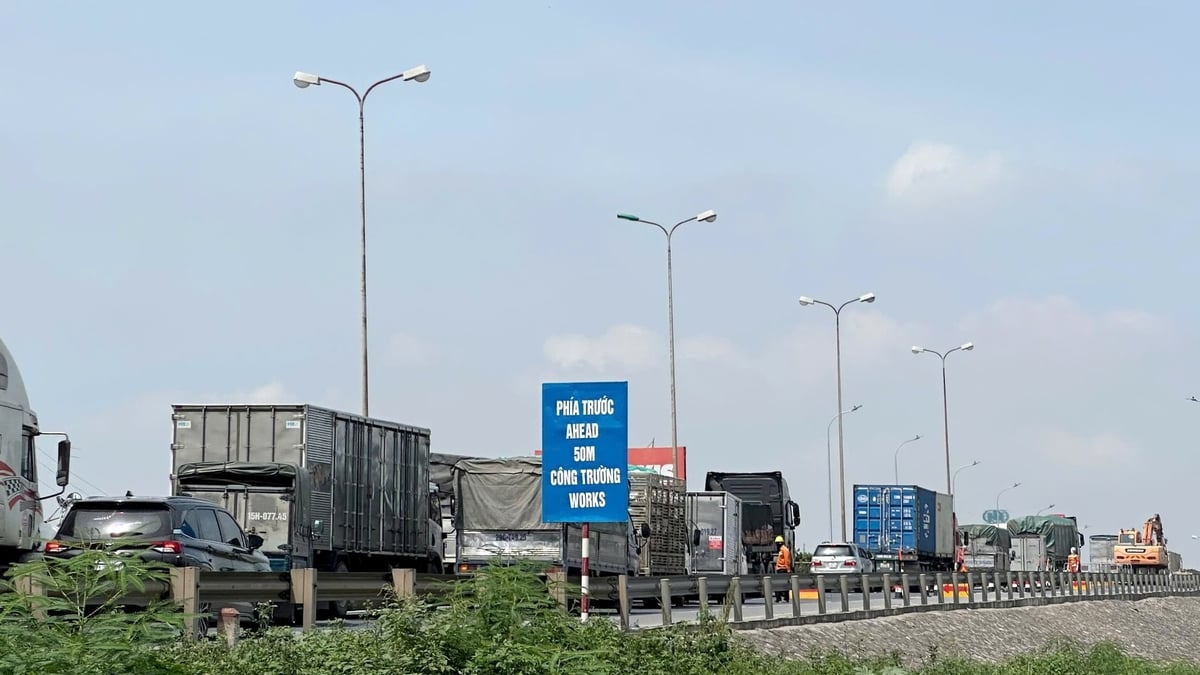


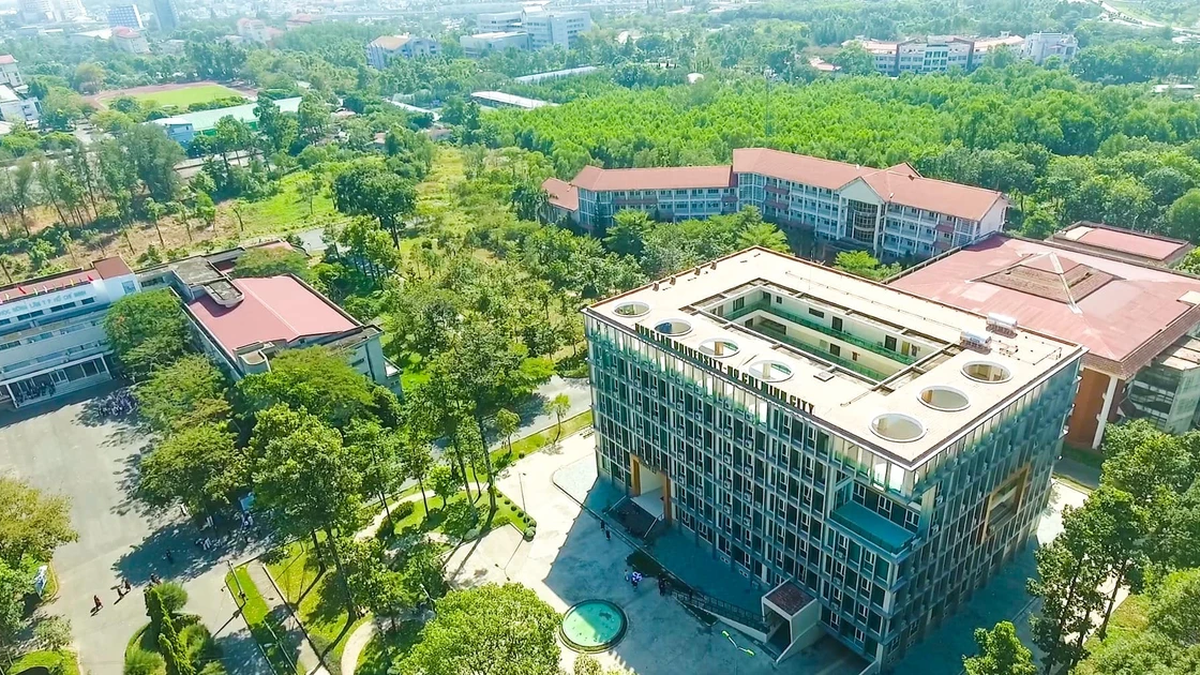











































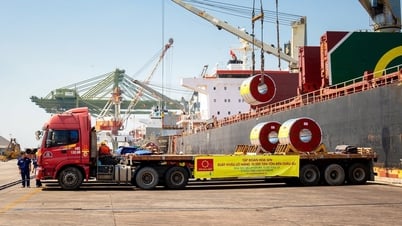


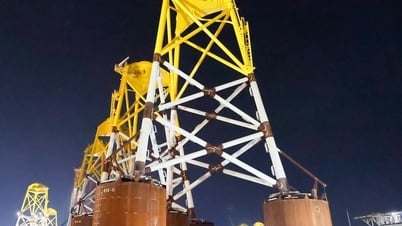
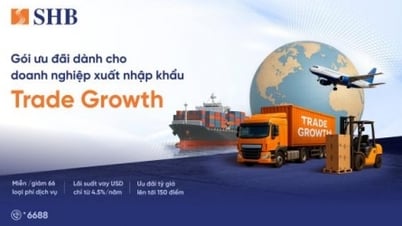





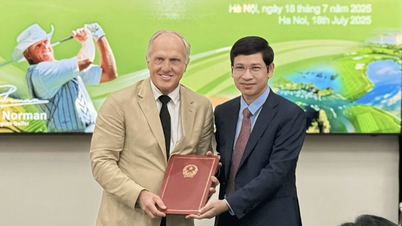











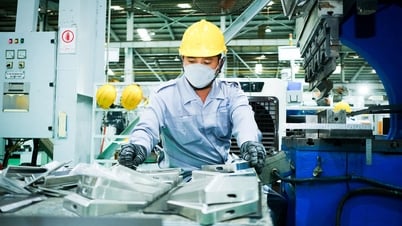

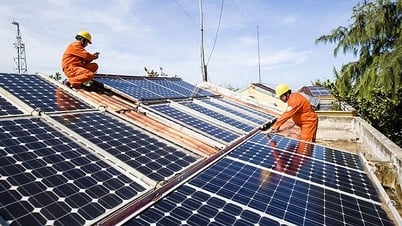









![[Infographic] In 2025, 47 products will achieve national OCOP](https://vphoto.vietnam.vn/thumb/402x226/vietnam/resource/IMAGE/2025/7/16/5d672398b0744db3ab920e05db8e5b7d)













Comment (0)